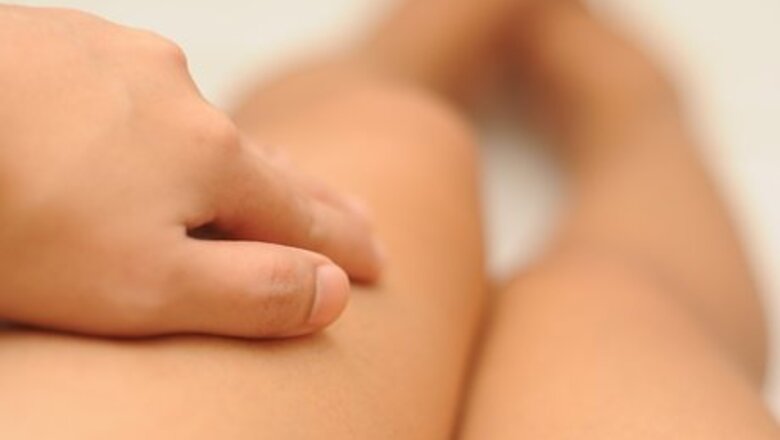
views
Choosing a Skin Moisturizer
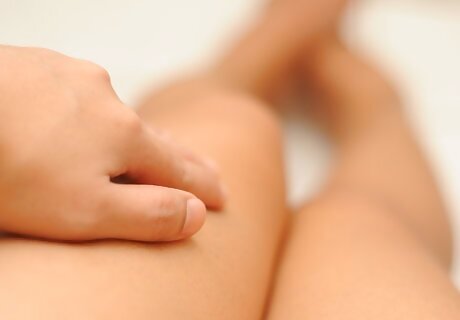
Determine your skin type. You need to know this before you can choose the right moisturizer. To figure out your skin type, first wash and dry your face and wait an hour. Then, note how dry or oily your skin is. A more detailed guide can be found here.
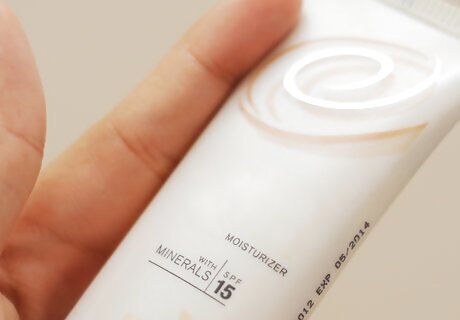
Find an appropriate moisturizer. Once you know your skin type, there are a few basic categories into which your skin will likely fall. Most skin will range from ‘oily’ to ‘dry,’ with ‘normal’ between the two. The other two main categories are ‘sensitive’ and ‘mature.’ Moisturizers for dry skin are generally petroleum or oil-based. Oily skin calls for a water-based moisturizer. It should also be noncomedogenic to prevent your pores from clogging. Normal skin also needs a water-based moisturizer, but one which contains some oils, though much less than dry skin needs. Sensitive skin needs a moisturizer with medicinal or soothing properties. Look for moisturizers with chamomile or aloe, but stay away from those with fragrances, dyes, or acids. Try out body butter for a natural, oil-based option.

Consider seeing a dermatologist for a prescription, especially if you have chronic dry skin. It is quite common for a person's skin to be a combination of skin type categories. Your dermatologist will be able to prescribe a moisturizer tailored to your skin's needs. They will also be able to recommend additional skin care practices.
Treating Dry Skin

Determine whether or not you have dry skin. Does your skin feel especially tight, cracked, itchy or rough after a shower? For people with lighter skin, is your skin redder than usual? For people with darker skin, is your skin gray or ashy? If your skin is afflicted in these ways, you should pay extra attention to moisturizing to restore your natural oils.

Take care not to dry your skin more when showering. Close the bathroom door to keep humidity in the room, and shower more quickly and at a lower temperature than usual. Since air-drying leaves your skin drier than before, use a towel - but make sure to blot rather than rub. Follow up the shower by applying your moisturizer.
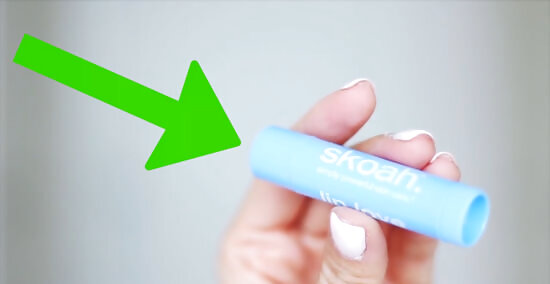
Apply lip balm if necessary. Lip balms are an advisable part of a daily moisturizing routine, and especially important to use when treating dry skin. Avoid licking your lips, which can exacerbate the problem. Many lip balms also contain sun protective ingredients, which will protect your skin in their vulnerable state. If a new lip balm causes an adverse reaction, such as swelling, burning sensation, or redness, try a different product.
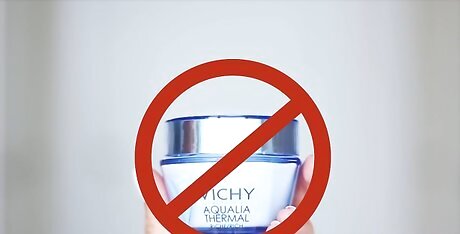
Avoid using your regular skin care products unless they are formulated for gentle skin. Some examples of harsh skin care products are aftershaves or colognes containing alcohol or alpha-hydroxy acid, and deodorant soaps. While your skin may normally be resilient enough to combat the negative side effects of these products, you should give yourself a chance to catch up. You may also look into buying special laundry detergent for gentle skin, at least during the treatment period for dry skin.
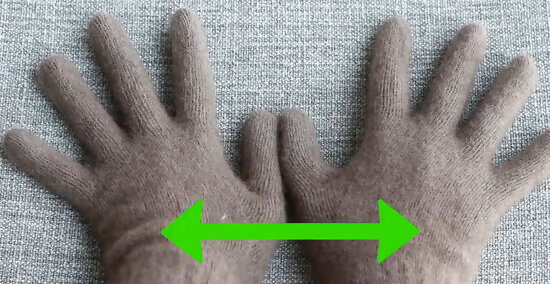
Wear gloves if dry skin is affecting your hands. This is important in the winter, especially in windy and sub-zero temperatures. Wear gloves made of rubber or a similar material when washing dishes, since hot water and soap contribute to dry skin. Make sure you also apply a moisturizing lotion or cream to your hands regularly while treating dry skin, if that is an affected area.

Stay away from heat sources and use a humidifier during the treatment. Prolonged exposure to dry heat is the fastest way to dry out your skin. While a campfire may be fun in colder temperatures, make sure you are not too close to a dry heat sources like this because it will make your dry skin worse. When you are inside, make sure you use a humidifier or similar appliance to keep moisture in the air.
Maintaining Healthy Skin
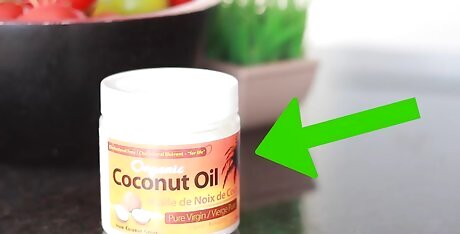
Find a daily body wash that suits your skin type. Good body wash products normally contain essential oils such as: coconut oil, olive oil and jojoba oils that help retain moisture. If you can, visit shops that specialize in natural products or consult a dermatologist for recommendations. Avoid cleansers with alcohol because they strip the skin of its natural oils.

Dry your skin properly after bathing. Though it seems unlikely, showering can dry out your skin unless you take proper precautions. Methods for treating dry skin apply to regular maintenance in this area: towel-dry your skin, and make sure to blot rather than rub. Afterwards, apply moisturizer to areas prone to dry skin or exposed to open air, such as the hands and face.

Research healthy shaving practices, whether you use an electric razor or wet shave. For men, hydrate your face using a special pre-shave moisturizer or wet towel prior to shaving. Avoid using aftershave balms and lotions that contain alcohol, since this dries out your skin. For people who shave their legs, make sure to use moisturizing cleansers in the shower to prepare your skin.
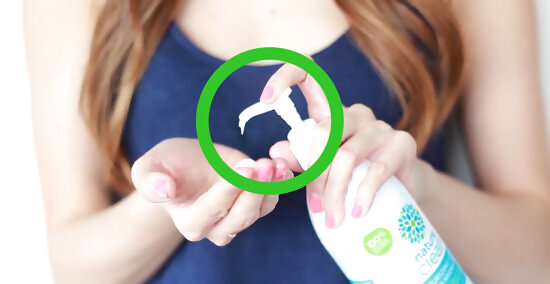
Keep hand and body moisturizer in your bag. Remember that those products are usually quite different from each other. Depending on where you are in the world, some moisturizers may need to have high SPF to protect your skin from sunlight and UV rays. Keeping moisturizer in your bag also reminds you to moisturize your hands after you have washed your hands.
Establish a routine for skin care, and stick to it. Remember that the best cure for dry skin is prevention. Make sure you plan for healthy skin care practices even when you are traveling. Having a routine also allows you to practice good hygiene without having to devote unnecessary attention to your skin.
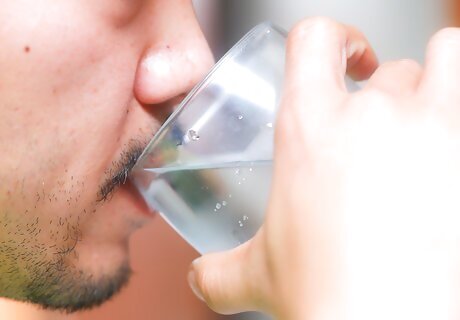
Make lifestyle choices that benefit your skin. There are several lifestyle choices you can make that will help your skin stay healthy and moisturized. Here are a few: Stay hydrated with water. Drink at least 2.2 liters of water every day (if you're a woman) and 3 liters (if you're a man). Don't smoke. Smoking makes your skin age faster, so you will develop wrinkles earlier than you would have. The only way to prevent skin damage from smoking is to quit smoking.




















Comments
0 comment